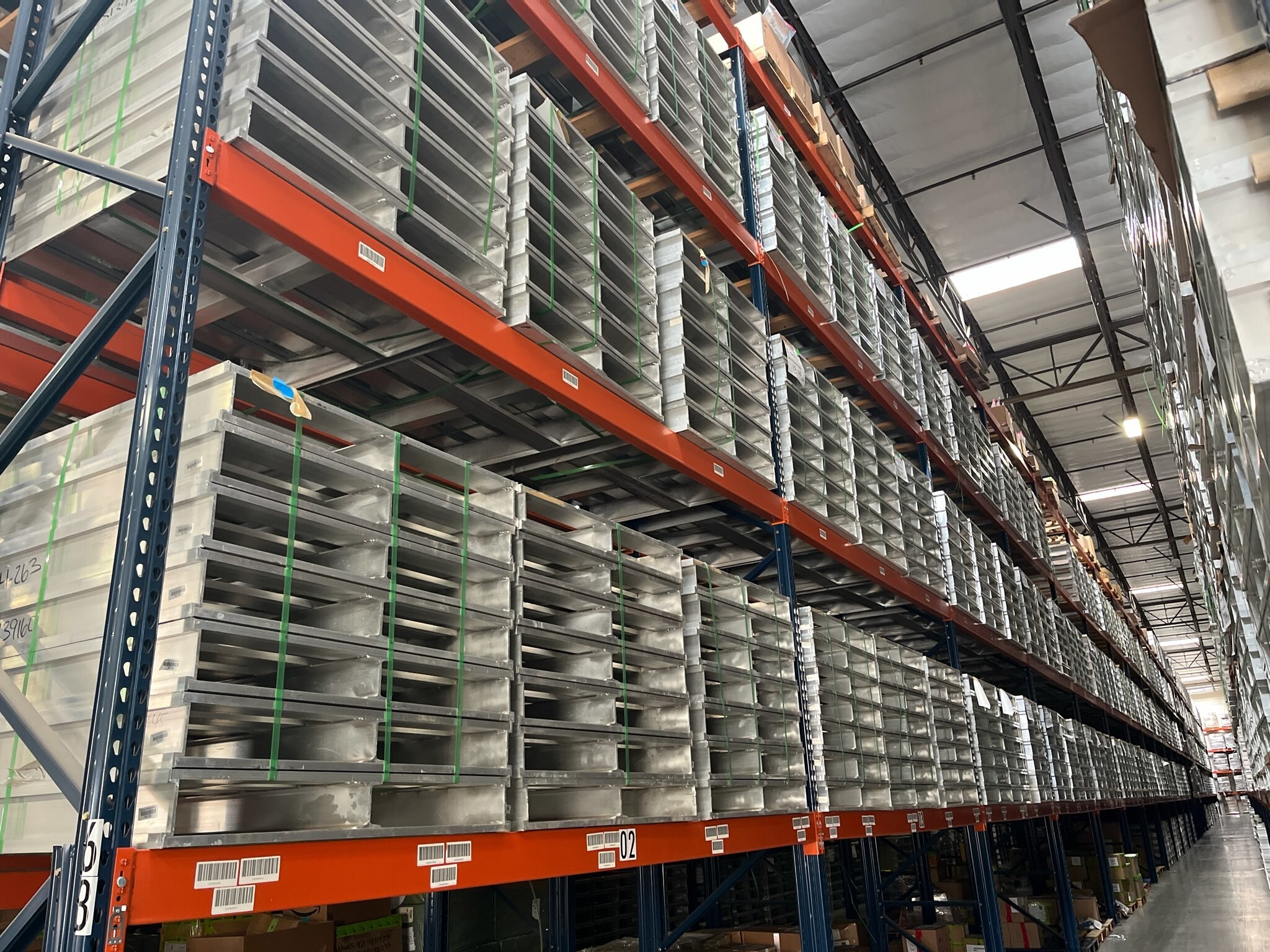Aluminum Scrap Markets

September 8, 2025
Lawsuit challenges Aluminum Dynamics' plans for Arizona plant
Written by Nicholas Bell
A non-profit organization Health Over Wealth (HOW) is challenging the approval by the City of Benson, Ariz., of Aluminum Dynamics Inc.’s (ADI) scrap recycling and casting facility in the state.
The activist group argues the project was approved improperly and poses risks to residents and the environment.
This action follows a long period of public comment and town hall-style meetings held by various governmental organizations. Until now, public opposition was limited to speaking at hearings. This lawsuit represents the first formal step toward attempting to stop construction of the planned facility.
ADI did not reply to a request for comment.
The Arizona Department of Environmental Quality (ADEQ) held an informal meeting for residents in August and has since extended the comment period on ADI’s draft air permit.
ADI filed a Class I Air Quality Permit application in November 2024 to build and operate a facility in Benson, Ariz., for scrap processing and ingot casting. The facility would supply raw material in the form of aluminum sows and small-form ingots to its rolling mill in Columbus, Miss.
HOW filed a lawsuit on Aug. 29 in Cochise County Superior Court against the City of Benson and its Planning and Zoning Commission, according to the group’s attorneys. The complaint seeks to overturn approval of a Conditional Use Permit (CUP) granted to ADI. The permit would allow construction of the large-scale casting and recycling facility at the intersection of Highway 80 and the I-10 business loop.
The lawsuit argues that Benson officials unlawfully approved the project by granting a CUP that required a height variance, authority reserved by law to the city’s Board of Adjustment rather than its Planning and Zoning Commission.
The complaint also alleges the city allowed the project to move forward without proof of property ownership or authorization from the landowner, a violation of Benson’s zoning code.
Residents near the planned site have raised concerns about heavy water use, noise, traffic, emissions, and odors in addition to the facility’s continuous operations.
The public participation process for ADI included publishing notices, hosting public hearings, and posting documents online through late 2024 and into 2025. ADI submitted its SUP application in Oct. 2024, and the commission approved it on Nov. 6, 2024.
As of September, ADEQ has not yet issued a final air quality permit, and the public comment period remains open.
Legal claims of the plaintiffs
- Unlawful granting of a CUP by the Benson Planning and Zoning Commission.
The permit allows construction of an 88-foot-tall facility, while Benson’s zoning ordinances cap structures at 30 feet. The suit argues that a height exception requires a formal variance from the Board of Adjustment, not a CUP granted from the city’s Planning and Zoning Commission.
- Failure to obtain required landowner authorization before processing and approving ADI’s CUP.
At the time of the application, ADI was not the property owner and, according to plaintiffs, did not provide any authorization from the actual landowner. According to Benson’s zoning code, if an entity is applying for a CUP and is not the landowner, it is required that a “proof of agency” accompanies the application. In other words, the landowner needs to file an official authorization that the CUP-filing entity has the “agency” to apply for a CUP on their behalf or with their blessing.
The plaintiffs are seeking both a preliminary injunction to halt any immediate site work and a permanent injunction that would void the CUP, require recission of related approvals, and prevent the city from reissuing permits unless the proper legal procedures are followed.
Why this matters
The stakes extend beyond local zoning law.
ADI plans to use aluminum sows and ingots produced from scrap at the Benson facility as captive feedstock for its new Columbus, Miss., rolling mill. That mill recently shipped its first coil and is ramping toward 50% capacity by year-end. The Mississippi mill will supply beverage can and auto body sheet aluminum, both of which are expected to be in high demand on a long-term basis.
This ramp-up has already tightened the scrap market in the last year or two. Novelis is simultaneously completing a large beverage can and auto sheet mill in Alabama, intensifying competition for scrap supply.
The Benson plant’s planned equipment, including an overhead magnetic separator and eddy current separator, would allow ADI to process zorba into twitch more effectively than small recyclers with the capabilities and those without the capital to invest in such technology.
Without facilities like Benson, much of that material has continued to be exported, limiting domestic advances in alloy-specific separation.
The Benson project would also generate substantial volumes of dross. A new dross recycling plant is slated for construction in North Texas by Aluminz, which is expected to rely on dross as its primary feedstock. With few existing dross processors in the western US, ADI’s Benson plant would emerge as a major regional supplier, adding material to a market where recycling infrastructure is only beginning to expand. This is especially notable considering ADI has explicitly stated they would be capturing the dross, in part, to sell to third parties for processing.
By nameplate, ADI’s Benson facility would be the second-largest secondary aluminum plant in North America, trailing only Real Alloy’s Morgantown, Ky., operation, according to CRU data. That comparison spans both secondary billet producers and secondary foundries. Even if Benson primarily supplied ADI’s own mill, the captive capacity of two furnaces would be hugely significant.
A delay or cancellation would ripple across the market. If ADI is forced to source more material on the open market, it could exacerbate scrap scarcity just as two massive rolling mills are starting up, trigger sharper competition and potentially reshaping supply-demand balances and trade flows.







